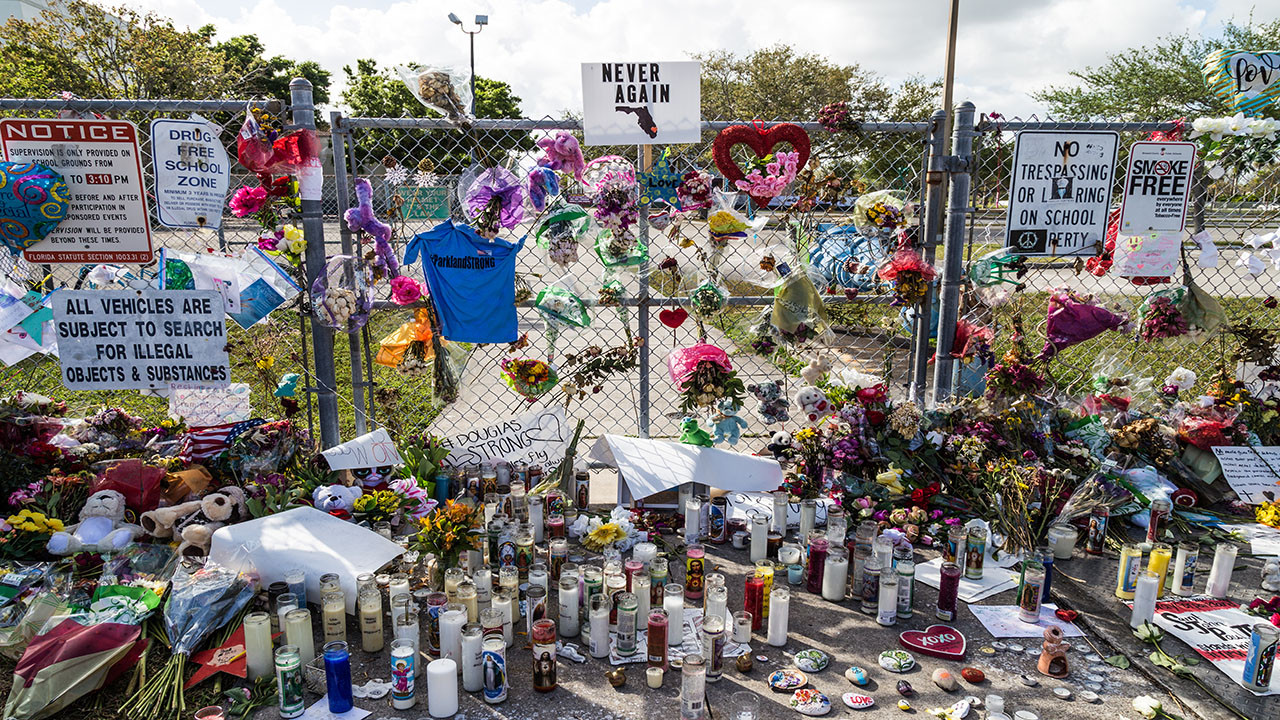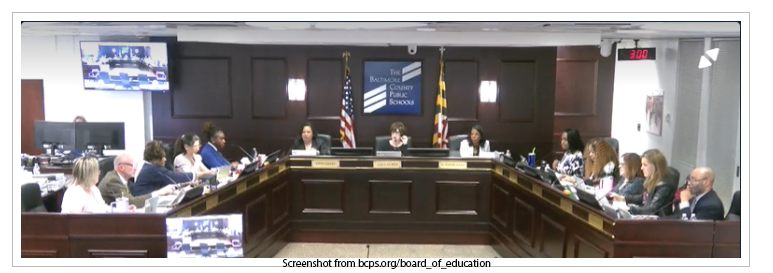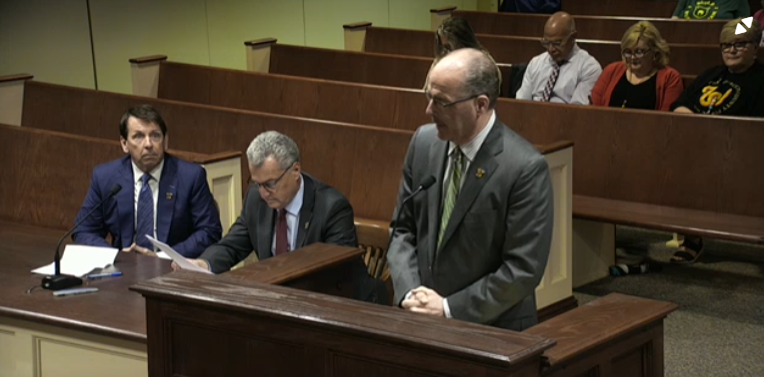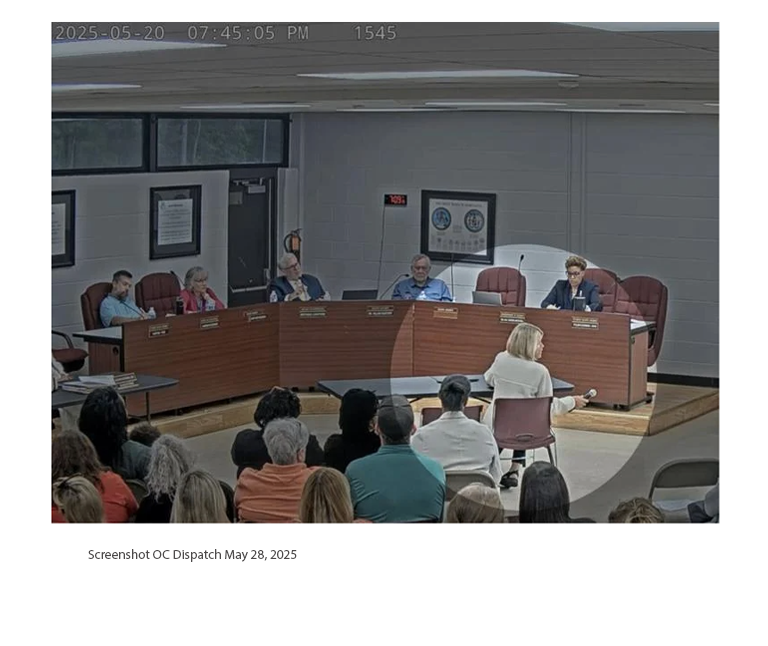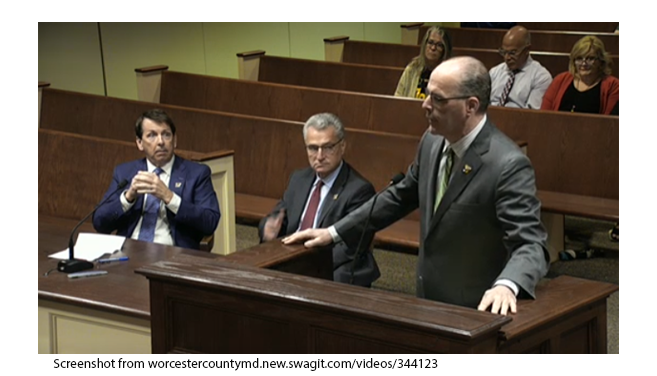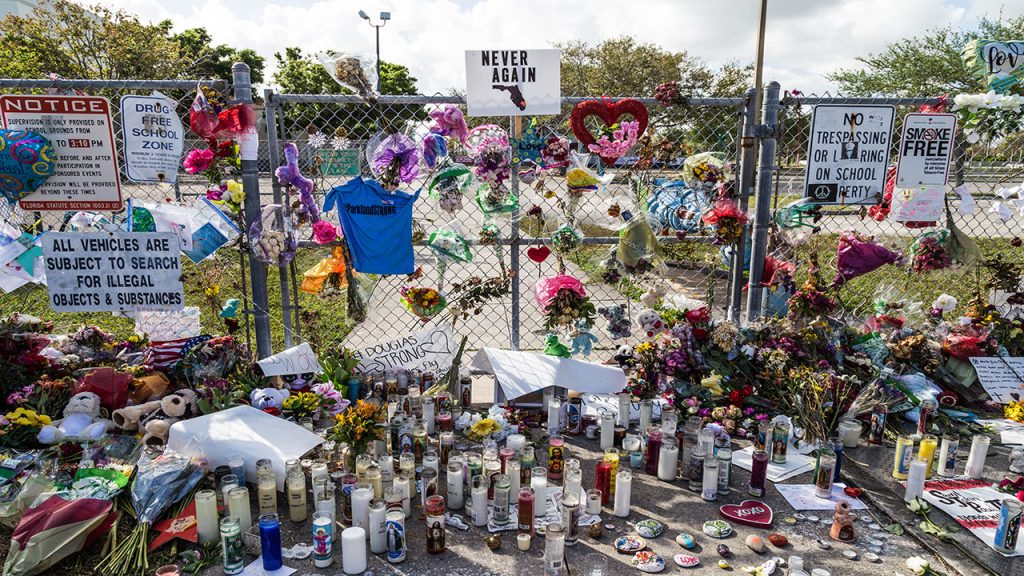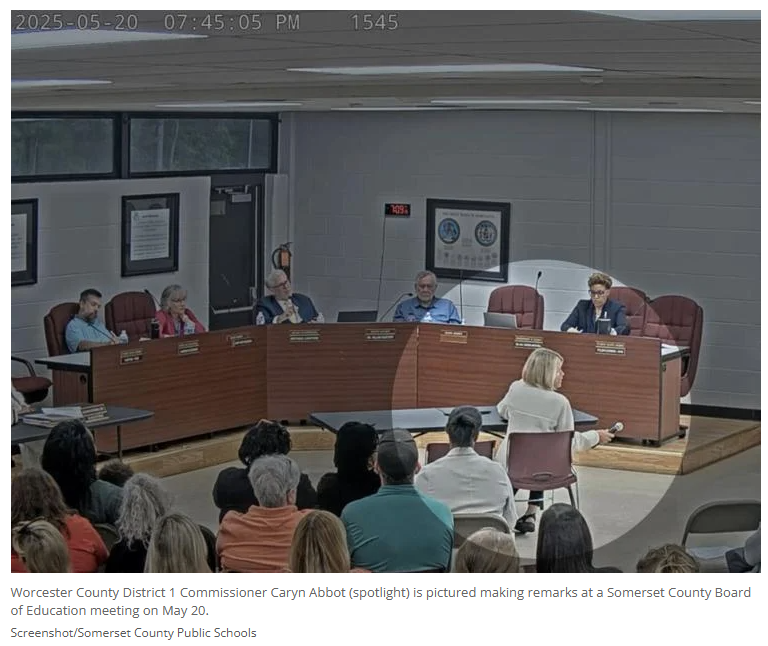
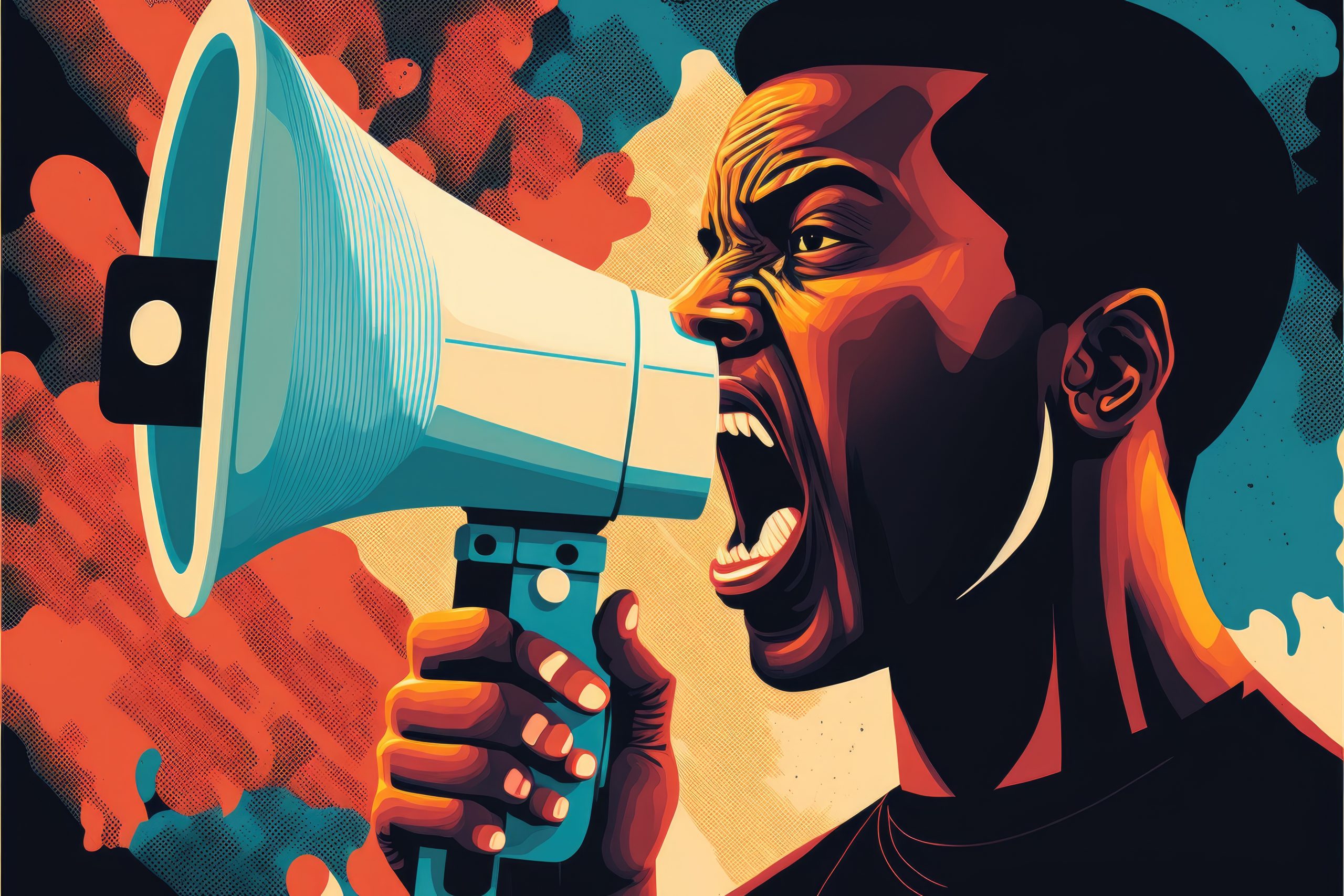
NAACP’s Urgent Warning: Revitalizing Maryland’s Schools for African American Students
The Maryland NAACP has issued a powerful statement, warning that “other actions may be necessary” to address the dire state of public education for African American students in Maryland’s public K-112 schools. In a public statement released last week, the civil rights group expressed their frustration with the ongoing struggles faced by African American children in Maryland’s public schools, deeming the situation “intolerable” and worsening by the day.
Citing reports from local media outlets, including Project Baltimore, the NAACP highlighted alarming issues such as persistently low academic achievement and students graduating without essential proficiency. The statistics are distressing, with nine out of ten black boys in Baltimore City failing to read at grade level—a devastating reality that demands immediate attention and action.
The NAACP is determined to find effective and timely solutions to these pressing problems. They have scheduled a conference with public school leaders on June 15 and 16, aiming to collaborate and strategize for immediate improvements rather than waiting for distant resolutions that may take years to implement. Their sense of urgency reflects the gravity of the situation and emphasizes the need for tangible outcomes.
As an independent education consultant and advocate for orderly and safe schools, I share the concerns expressed by the NAACP. However, it is important to acknowledge that the responsibility for addressing these issues lies not only with the schools but also with the broader community and individual families. While it is crucial to hold educational institutions accountable, we must recognize the multifaceted factors that contribute to the current state of affairs.
In my opinion, we cannot solely blame the schools for the struggles faced by students. Before holding the education system accountable, we must consider certain assumptions. Can we assume that students come to school prepared and ready to learn every day? Of course, we must also acknowledge the challenges faced by disadvantaged students who lack necessary resources and support, but what about chronic absenteeism? This has been a pervasive issue, hinders educational progress and makes it difficult for teachers to provide consistent instruction. How can we hold schools accountable when all signs point to a system in which students either do not come to school, are not ready to learn, or both?
Furthermore, students must exhibit a genuine effort and a positive attitude toward learning. However, without a nurturing environment that fosters a love for education, it becomes increasingly challenging for teachers to motivate and engage students effectively. Can we assume that students in city classrooms are eagerly awaiting, or are at least have a casual desire to learn?
Equally important is the need for students to demonstrate appropriate behavior. Sadly, many schools have become unsafe and disorderly environments, causing fear and apprehension among both students and teachers. Addressing these safety concerns is paramount to create a conducive learning atmosphere. The NAACP is concerned about behavior and discipline in the schools. So is everyone else. Something tells me if schools started cracking down on disciplinary issues, we would be hearing another message from the NAACP. What do they suggest schools do about unruly, disorderly, and unsafe schools? They want to hold the schools accountable for the actions of the students, but I am not sure they would like the results if the schools began increased accountability measures for student behaviors.
Arrests in Baltimore City Schools are down 98 percent over the last decade. That’s 98%! This was obviously a response to pressure on school systems to reduce such arrests. What we are seeing in schools is the result of such policies. Since school arrests are down 98% shouldn’t that mean schools are much safer? I am not suggesting we simply arrest more students, but I am pointing out that significantly fewer arrests in city schools does not indicate behavior has improved; it simply means fewer arrests are being made. An offense that got a student arrested a few years ago, will no longer have such a consequence. The behaviors haven’t changed, the responses to them have.
While the NAACP rightly emphasizes the urgency for immediate action, it is vital for all stakeholders, including parents, educators, policymakers, and community members, to collaborate and find sustainable solutions. By working together, we can ensure that every child receives a quality education and is provided with a safe and supportive learning environment.
The Maryland NAACP’s statement serves as a call to arms, demanding urgent measures to rectify the intolerable situation faced by African American students in Maryland’s public schools. If we fail to act decisively, we risk perpetuating the cycle of inequality and denying our children the opportunities they deserve.
John Huber operates an independent education consultancy called Maryland K12, LLC and will be a presenter at the National School Safety Conference in Las Vegas on July 27, 2023.
Dig Deeper With Our Longreads
Newsletter Sign up to get our best longform features, investigations, and thought-provoking essays, in your inbox every Sunday.
The MEN was founded by John Huber in the fall of 2020. It was founded to provide a platform for expert opinion and commentary on current issues that directly or indirectly affect education. All opinions are valued and accepted providing they are expressed in a professional manner. The Maryland Education Network consists of Blogs, Videos, and other interaction among the K-12 community.

